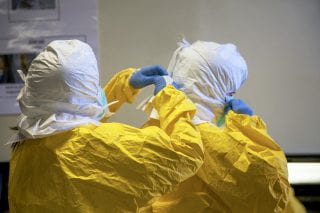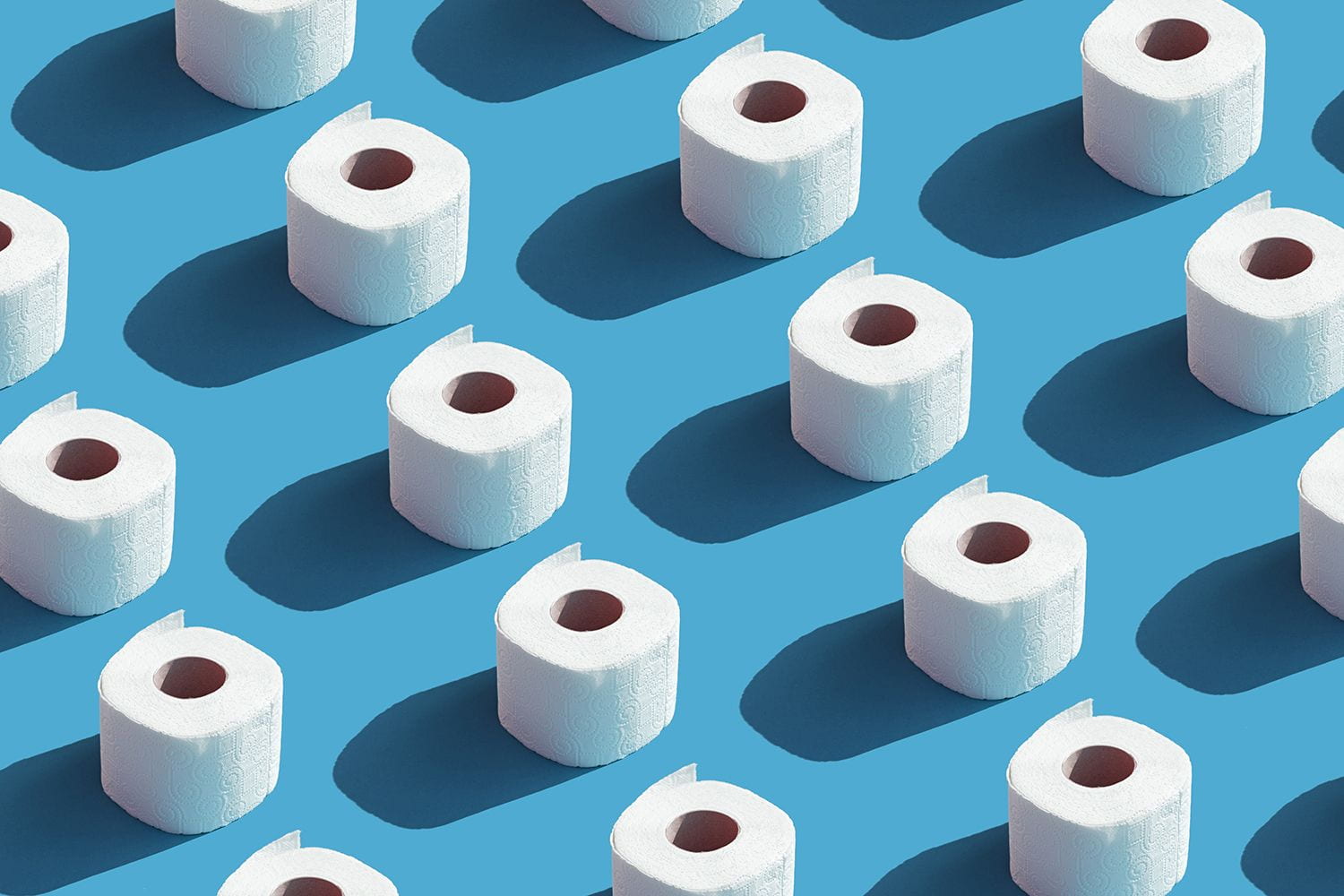Sophia Gesualdi is a sophomore information systems major at the U of A who participated in the Honors College Pandemic forum at the University of Arkansas. With minors in economics and computer science, Sophia has been heavily involved on campus in the Walton Honors program, serving as a lead peer mentor and freshman experience chair on the Walton Honors Student Executive Board. Sophia also has plans to work as a resident assistant in Humphreys Hall this upcoming school year. After college, Sophia hopes to work for a passionate company that makes a difference in people’s everyday lives while eventually continuing her business education.
Toilet Paper: a simple product. We often don’t think twice about it when we pick up a package at the grocery store. However, over the past few months, toilet paper has consumed conversations on television, the internet, and even social media. Like myself, I am sure you can think of countless toilet paper memes that surfaced on the internet in late March and early April. Many people were buying as much as they could and by the time the rest of the people went to restock their supply, it was too late. This fear and uncertainty was due to the outbreak of COVID-19 and as a result, America experienced extreme shortages in supplies like toilet paper, cleaning products, and food items. On a normal day, the average person can go to any grocery store of their choice and obtain these items fairly easily, but it is important to remember that there is a complex process behind providing a product that is available for purchase. This process is something that most of us never think about; we have supply chain management professionals to do it for us.
During my time in the Honors College Pandemic forum, I was able to expand my understanding of supply chain management and learn how it has been impacted by COVID-19. The profession of supply chain management usually goes unnoticed by the general population, but it comes to the forefront in humanitarian crises. While dealing with shortages of everyday products, supply chain professionals have also been working to create new temporary supply chains to help combat hospitals’ extreme need for personal protective equipment (PPE). On March 23rd, supply chain experts John Kent and David Dobrzykowski from the Walton College of Business established the Coronavirus Action Network to create solutions for this extreme PPE demand and manage temporary supply chains. The network has grown to around one hundred people from organizations such as the George W. Bush Foundation for U.S.–China Relations, Lomason Consulting, and Walton College. This impromptu supply chain network worked with producers, distributors, and other entities around the globe and has made a significant impact in helping hospitals obtain PPE.

Medical professionals don protective gear. There has been a 17-fold increase in demand for protective medical equipment since late February.
While some might believe the supply chain industry is at a disadvantage during this time, professionals at the Sam M. Walton College of Business, including Dean Matt Waller, believe that the current challenges COVID-19 presents for supply chains provide a special opportunity for the industry to learn and become stronger. After all, no one can adapt to unexpected situations like supply chain professionals; they have been doing it for years, long before the COVID-19 outbreak.
Participating in the Pandemic forum allowed me to not only broaden my knowledge of supply chain but I also learned about human-animal disease transmission, the history of quarantine, and so much more. Another concept I learned about was blockchain technology, a distributed ledger technology that allows data to be stored on servers all around the world. As a business major, I was able to gain new perspectives in many fields of study as I heard from relevant and timely experiences from different professionals. Although the forum was only two weeks, I believe that I’ve been able to learn lessons that will stay with me a lifetime. Many things are not as simple as they might seem, and we should not take anything for granted, especially toilet paper.

